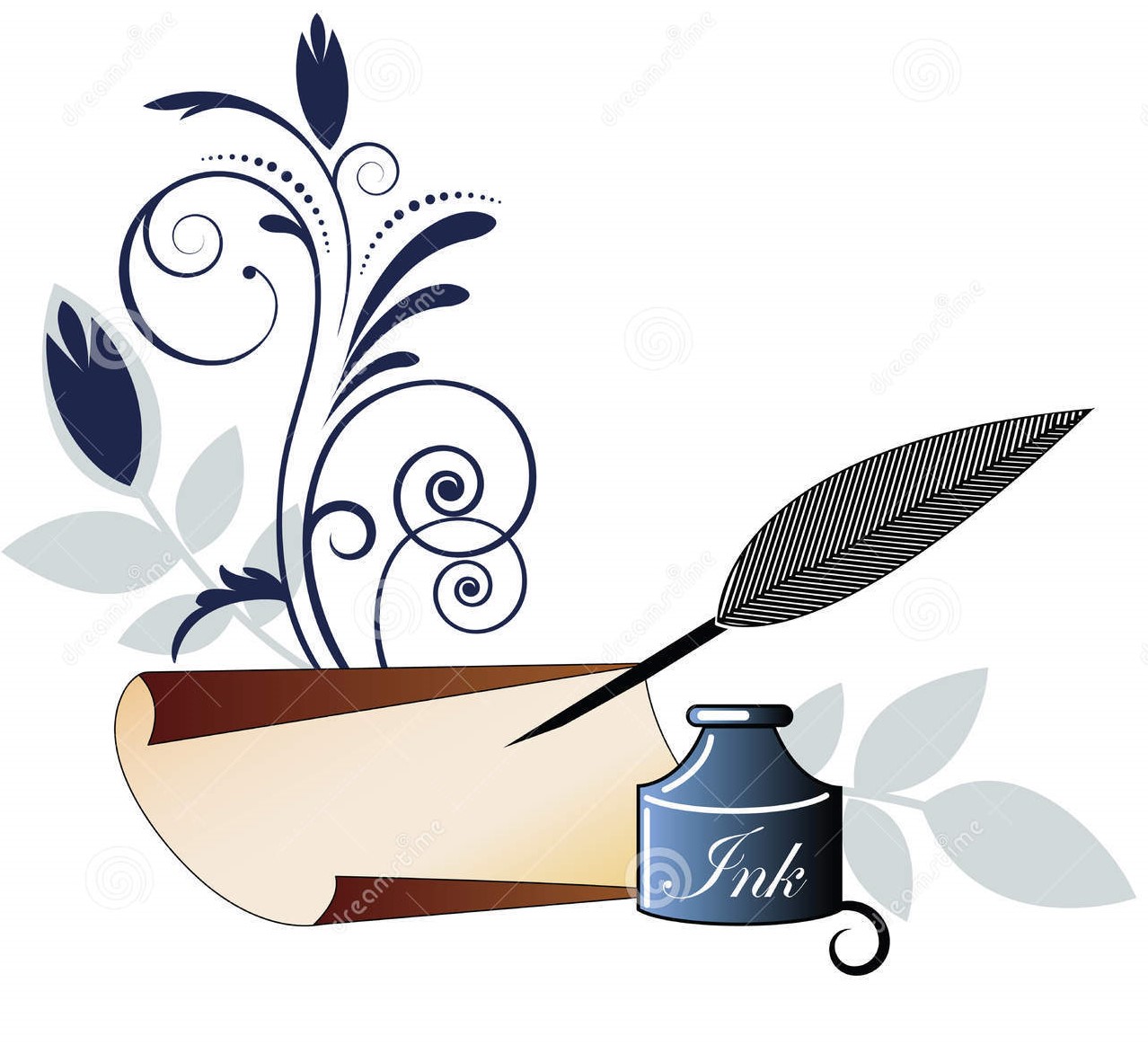|
|
Excerpts from Souvenir Submitted by David M. Waid |
||
|
A
MONARCH OF THE FOREST. In the spring of 1847 James Wygant bought of my uncle, A. G. Waid, the house and lot in Blooming Valley, where his widow now lives. My acquaintance with Mr. Wygant dates back a little over forty years. My uncle, A. G. Waid, moved, in the spring of 1847, to Dexter, Mich., where he is still living. I received a letter from him, dated May 4, 1887; his wife died May 19, 1884. The rise of ground, where my uncle at that time lived, was known as Tar Hill (in those days tar was manufactured here in a limited way), and I am informed a tavern was kept here, or near by, in an early day, by one Seth Nicholas. In those times a good part of what is now the borough of Blooming Valley was a pine forest. On the Jeremiah Smith Farm, which now constitutes the principal part of the borough, there was much pine; also on the farms of John Dickson and William Morehead. It is said, on very good authority, that there was a pine tree on Michael Coy's land which cut 144 feet, making twelve logs, each measuring twelve feet in length. Near the north end of our 100-acre lot is a pine stump, the
remains of a magnificent tree, one beautiful and attractive in its
appearance, towering, as it did, far above all its companions in the
forest. It was surrounded
by beech and maple trees but little over half its height.
At the foot of that grand old pine, whose majestic form and
wide-spreading branches are indelibly photographed on my memory, my twin
brother and I have often stood in silent admiration of its beauty. All around the scene was one of incomparable sublimity, and
our beloved evergreen pine stood in the midst without a paragon.
He was King of the Forest, planted there by Nature's own hand,
and protected by Nature's own God, till the ruthless hand of man felled
it to the earth. This
large, majestic pine cut many thousand feet of lumber used in building Ira
C. Waid's house, where Guinnip P. Waid
now lives. In my writings I often have occasion to speak of the town of Meadville, and I do so cheerfully and with a feeling akin to love, for from my childhood I have cherished a fondness for that place, as well as the county. Well, Meadville has been a good friend to us farmers hereabouts, who have found in it a home market for nearly all our products, year in and year out. Farmers who live near a good market should show their appreciation of it, not only by attending it, but by benefiting it in every way possible. I say from my childhood I have had a love for Meadville, for in those artless days my twin brother and I used to visit our cousins, children of Uncle Joseph Finney, and other relatives; and many a Sunday-school celebration in the town did we attend in those happy days. I remember the place most noted for these celebrations was Mr. Huidekoper's park, in front of his residence, on Water Street, where the annual gatherings of Sunday-schools were wont to meet on the Fourth of July each year. It was as easy for me to love Meadville, then, as for a school-boy to ride down hill. In after years I coupled business with pleasure; and now mayhap the reader will ask wherein lies pleasure in farm life. I will tell him. It is business to raise the products of the farm and put them in the market; it is pleasure to receive compensation for them. In my opinion few farmers of my age, if any, have marketed more of their own farm produce in Meadville than I have; hence is apparent the great number of times I have visited the place. Another reason why I love Meadville is the fact that it was there I earned the first dollar I could ever call my own; and I question whether I have had a dollar since of which I felt as proud. This ever-to-be-remembered dollar was earned when a child selling, along with my twin brother, wild strawberries by the quart, at a low price. That little trade of mine increased until I can report without boasting a hay crop of about two hundred tons in the centennial year, besides grain and other products, all sold in Meadville.
"To have seen much, and to have nothing, is to have rich
eyes and poor hands."
|
|
||
